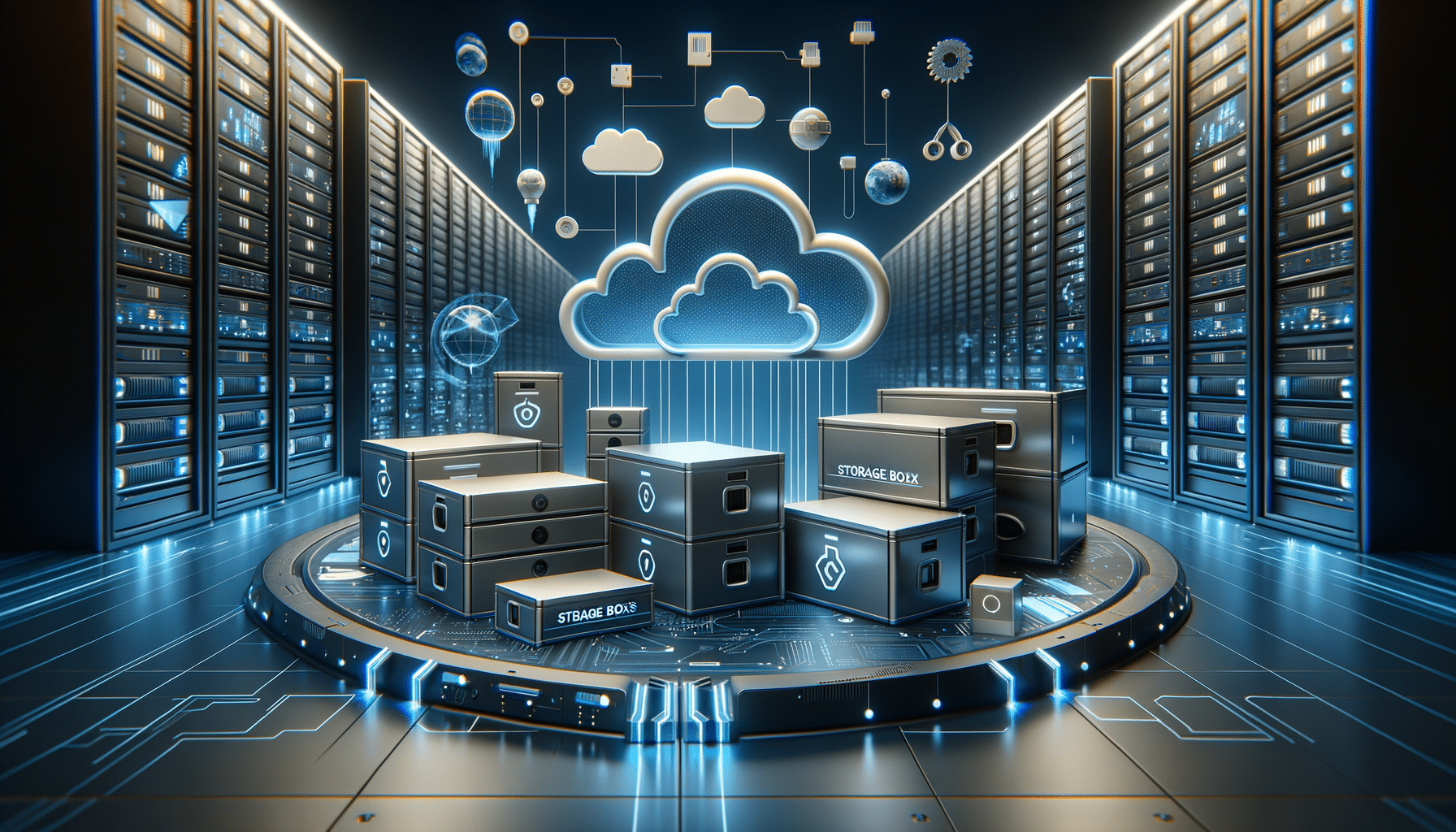
Exploring Comprehensive Storage Solutions for Modern Needs
Introduction to Storage Solutions
In today’s digital age, the need for efficient and reliable storage solutions has become paramount. Whether it’s for personal use or business applications, the demand for storing data securely and accessing it seamlessly is ever-increasing. This article delves into various storage solutions, examining their pros and cons, and guiding you through choosing the right option for your specific needs.
Cloud Storage: The Future of Data Management
Cloud storage has revolutionized the way individuals and businesses manage their data. By storing data on remote servers accessed via the internet, cloud storage offers unparalleled convenience and scalability. Users can easily increase their storage capacity without investing in physical hardware. Furthermore, cloud storage provides robust security features, ensuring data is protected against unauthorized access and loss.
Among the benefits of cloud storage are:
- Accessibility from anywhere with an internet connection
- Cost-effectiveness due to reduced need for physical infrastructure
- Automatic backups and updates
However, potential downsides include dependency on internet connectivity and ongoing subscription costs. Despite these considerations, cloud storage remains a highly rated option for many users.
Traditional Hard Drives: Reliable and Cost-Effective
For those who prefer physical storage, traditional hard drives continue to be a well-regarded choice. They offer a tangible way to store large amounts of data at a relatively low cost. Hard drives are available in various formats, including external drives that can be easily connected to different devices.
Key advantages of traditional hard drives include:
- High storage capacity at a lower price point
- No need for internet access to retrieve data
- Durability and long lifespan with proper care
However, they are susceptible to physical damage and data loss if not backed up properly. Regular maintenance and backups are essential to ensure data safety.
Solid State Drives: Speed and Efficiency
Solid State Drives (SSDs) have gained popularity due to their speed and efficiency. Unlike traditional hard drives, SSDs use flash memory to store data, resulting in faster data retrieval and lower power consumption. This makes them an exceptional choice for performance-driven tasks.
Benefits of SSDs include:
- Faster boot and load times
- Reduced energy consumption
- Silent operation without moving parts
While SSDs are more expensive per gigabyte compared to traditional hard drives, their performance benefits often justify the investment for those who prioritize speed and reliability.
Network Attached Storage: Centralized Data Access
Network Attached Storage (NAS) systems provide a centralized way to store and access data across multiple devices within a network. This is particularly useful for businesses and households with several users needing simultaneous access to shared files.
Advantages of NAS include:
- Centralized storage accessible by multiple users
- Enhanced data management and organization
- Scalability to add more storage as needed
However, setting up a NAS can be complex and may require technical expertise. Additionally, the initial investment can be higher compared to other storage solutions, but the long-term benefits often outweigh these initial costs.
Conclusion: Choosing the Right Storage Solution
When selecting a storage solution, it’s crucial to consider your specific needs, budget, and the level of security required. While cloud storage offers flexibility and ease of access, traditional hard drives and SSDs provide tangible, reliable options. NAS systems offer centralized access for multiple users, making them ideal for collaborative environments.
Ultimately, the choice of storage solution should align with your data management goals and future scalability needs. By understanding the strengths and limitations of each option, you can make an informed decision that ensures your data is stored securely and efficiently.


